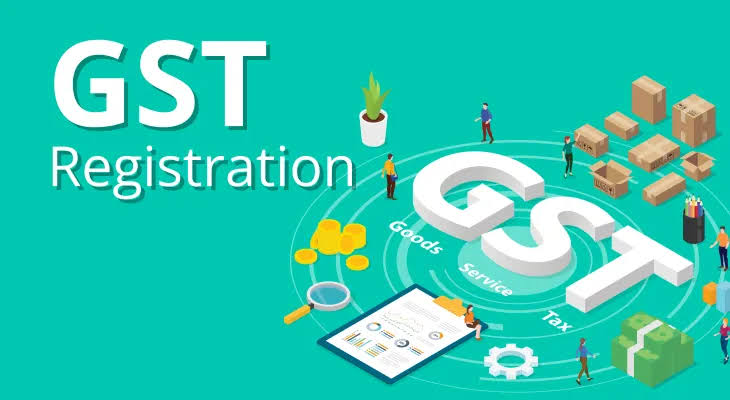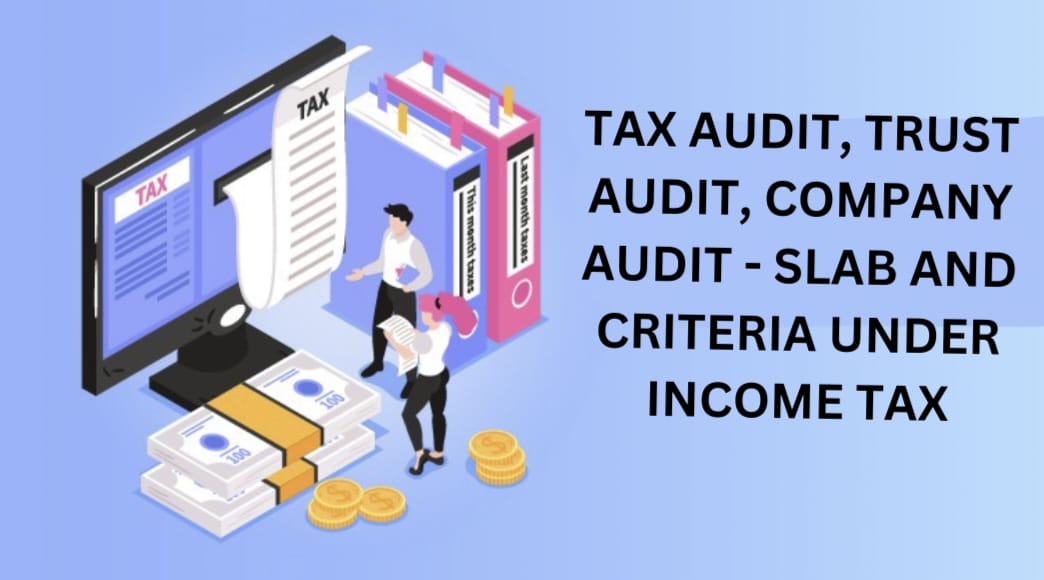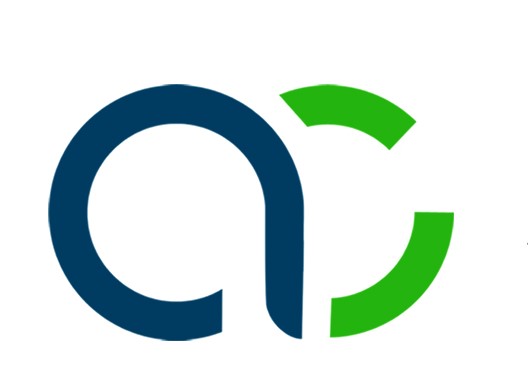New CBIC Guidelines to Streamline GST Registration Process: Instruction No. 03/2025-GST
On
April 17, 2025, the Central Board of Indirect Taxes and Customs (CBIC) issued
Instruction No. 03/2025-GST, offering a comprehensive set of guidelines aimed
at resolving common hurdles faced during GST registration. The instruction
comes as a much-needed reform to standardize the verification process and
eliminate unnecessary documentation demands that often delay or derail genuine
registrations.
Why Was This Instruction Issued and Key Highlights of the Instruction
Why
Was This Instruction Issued?
Officers
were often found seeking unprescribed documents and clarifications not
mentioned in the GST registration form (FORM GST REG-01). While ensuring that
fraudulent entities don’t misuse GST registration, the CBIC emphasizes that
legitimate applicants should not be subjected to unwarranted scrutiny.
Key
Highlights of the Instruction
1.
Standardization of Documents for Proof of Business Premises
Applicants need only one valid document to establish
ownership or tenancy of their business premises. This could include:
·
Property tax receipt
·
Municipal Khata copy
·
Electricity or water bill
·
Registered lease or rent agreement
Unnecessary demands like the lessor’s PAN, Aadhaar,
or personal photographs are now explicitly discouraged.
Special
Situations:
·
Shared premises or rented property
without a formal agreement can be supported by a simple affidavit.
·
Spouse/relative-owned premises require a
consent letter and proof of ownership from the consenter.
·
SEZ applicants must upload relevant
government-issued certificates.
2.
Documents for Constitution of Business
For different types of business structures:
·
Partnership firms need only their
partnership deed.
·
Trusts, Societies, Clubs, AOPs, and
Government entities must submit their registration certificates.
·
No additional documents like Udyam
Registration or trade licenses are to be requested unless explicitly required.
Key Highlights of the Instruction
3.
Discouragement of Presumptive Queries
CBIC
has strictly instructed officers to avoid queries based on assumptions—like
questioning why a director resides in a different state or challenging the
business activity based on location. Officers must base their clarifications
strictly on documents submitted.
4.
Timeline for Application Processing
a.
Normal Applications (Not Flagged as Risky):
·
Must be approved within 7 working days
if all documents are in order.
b.
Risk-Flagged Applications or Aadhaar Not Authenticated:
·
Require physical verification and must
be processed within 30 days.
In
such cases, the officer must upload a detailed physical verification
report—including GPS-enabled photos and findings—at least 5 days before the
30-day deadline.
5.
Raising Queries and Rejecting Applications
If clarifications are needed, they must be sought
via FORM GST REG-03 and replied to within 7 working days using FORM GST REG-04.
Applications can be approved or rejected (using FORM GST REG-05) based on the
adequacy of the response.
The
officer must document reasons for rejections and cannot delay action, ensuring
no application is deemed approved due to inaction.
6.
Responsibility of Senior Officers
Senior
GST officials are required to:
·
Supervise application processing
timelines and accuracy
·
Prevent deviations from prescribed
procedures
·
Ensure sufficient staffing for
registration processing
·
Issue local trade notices clarifying
accepted local documents
Conclusion
The updated CBIC instruction is a welcome move for
entrepreneurs and businesses navigating the GST registration maze. By curbing
officer discretion and enforcing document standardization, it strengthens both
compliance and transparency.
If you're applying for a new GST registration,
ensure that your documents align with these guidelines. This will help avoid
delays and speed up the approval process.





